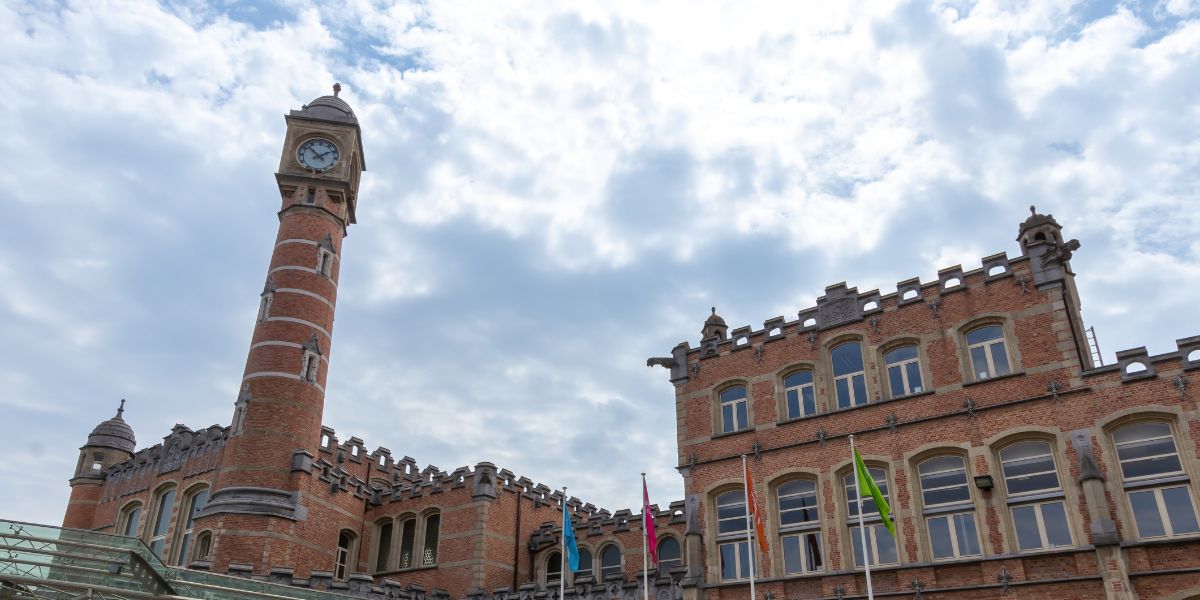Belgium is a cultural colossus of Europen, featuring historical monuments such as the Manneken Pis landmark, as well as the magnificently designed St Bavo’s Cathedral and the Royal Museum of the Armed Forces and Military History.
Up to 1.8 million British tourists visit Belgium each year, which can be easily accessed from the United Kingdom due to its close proximity. Brussels, Belgium’s capital, is just under 200 miles away from London.
Getting there
Flying this trip can take as little as just over an hour, regardless of which airline you choose to book with. The train, leaving from St Pancras International, is also a quick jaunt that takes around two-and-a-half hours.
Travel times get bumped up when travelling by ferry, with an overnight voyage from Hull to Zeebrugge lasting roughly 14 hours. Driving to Brussels from London, meanwhile, will take around five hours.
Regardless of your choice of travel, your diabetes medication should not be greatly affected when travelling to Belgium.
Iif you are unsure as how to best stick to your routines then you should discuss a plan with your diabetic team.
Time difference
The time difference in Belgium is one hour ahead of British Summer Time and two hours ahead of Greenwich Mean time, which shouldn’t greatly affect how you manage your diabetes.
Climate
The climate of Belgium is very similar to that across the UK.
If you plan any activities in the su, however, patients that take insulin should be aware that insulin absorption is enhanced in warm weather and should check blood sugar levels more often.
Currency
The currency in Belgium is the Euro. It is advised to collect Euros before arriving at Belgium, to secure better exchange rates, while most major credit and debit cards are widely accepted in shops, restaurants and hotels.
Vaccinations
There are no mandatory vaccinations required to enter Belgium. Rabies is present in bats in Belgium, but this vaccine is only advised for those planning activities in remote areas that put them at risk for bat bites.
If you believe you may require this vaccine then it is advised to consult your doctor eight weeks before travelling which should allow enough time for you to receive it.
Otherwise, the opportunity should be taken to ensure existing vaccinations such as your yearly flu jab and those against polio and tetanus are also up to date.
Have you got a European Health Insurance Card (EHIC)?
Belgium is amongst the European countries that allow you to receive state healthcare either at a reduced cost or sometimes for free.
It will cover you for medical treatment until you return to the UK. The Belgian health authority determines what treatment is considered necessary and cannot wait until your return to the UK.
It is best to apply for an EHIC card directly through the NHS. Your card will usually arrive within seven days if you have applied through the NHS, but it is best to apply two weeks in advance to allow for any delays.
Access to medication
Medication is available in Belgium, but payment is required from a pharmacy. However, possessing an EHIC card allows you to receive treatment at a lesser cost and this money can be recouped when you get back into the UK.
Most pharmacies in Belgium operate on regular working hours, although a number operate 24 hours a day.
The emergency services telephone number to be called in Belgium is 112
Insulin
You should note which syringes are available in Belgium, with U-100 syringes the most commonly used.
The vast majority of insulin in the UK is U-100 insulin. If you need to take a different strength of insulin , say in an emergency, it’s important that you use the correct device and syringes for that insulin.
For example, you would use a U-40 syringe for U-40 insulin. You will need to work with a doctor getting the right dose if you’re using a different form of insulin.
Diabetes associations
It is important to note the diabetes associations in the country you are travelling to in case of an emergency.
There are two diabetic associations in Belgium that can be contact prior to your arrival. The addresses are:
- Association Belge du Diabete (a member of the International Diabetes Federation (IDF) since 1950),
Place Homère Goossens 1,
1180 Bruxelles,
Belgium
Tel: +32-2-3743195
Email: [email protected]
- Diabetes Liga (a member of the IDF since 1950),
Ottergemsesteenweg 456,
9000 Gent,
Belgium
Tel: +32-9-2200520
Email: [email protected]
Questions
- How is blood glucose measured in Belgium? Blood glucose levels are measured in mg/dl
- What language is spoken in Belgium? Flemish (Dutch) is spoken in Northern Belgium and French is spoken in Southern Belgium. Brussels is bilingual, but most locals, especially in a customer service environment, will have a basic grasp of English.
- Will I need an international driving license when driving in Belgium? Yes
- If I want to hire a vehicle during my visit, will I face any form of discrimination? No
- What sugar free drinks are available in Belgium? Most diet drinks that are available in the UK, such as Diet Pepsi, Fanta light and Sprite light





